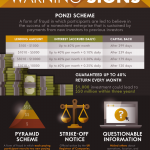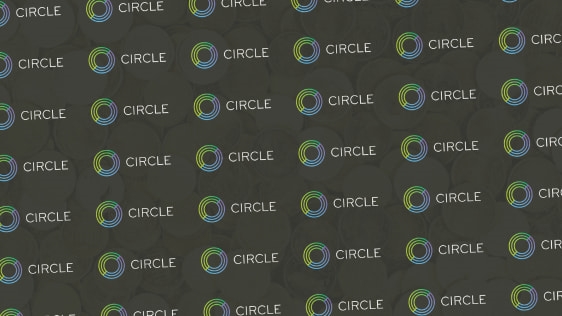Why Circle Could Become Coinbase’s Biggest Rival
As cryptocurrencies went mainstream in 2017, one company rocketed to the top of the charts: Coinbase, a wallet and trading operation that now boasts over 13 million users. Coinbase was the first startup to make buying, selling, and storing bitcoin as simple as mobile banking with traditional fiat currency. As you might imagine, competitors–hungry for a taste of Coinbase’s reported $1 billion in 2017 revenue–have started circling.
Robinhood, a broker-dealer with 4 million users, and Square, a payments company that operates a digital wallet called Cash App, were the first challengers to make a move. Starting in late January, both companies began introducing bitcoin trading for retail investors in select states. To undercut Coinbase’s fees, which can approach 4%, they decided to charge no commission. But in their eagerness to go to market, both companies also decided to rely on partners for their trading infrastructure.
Over the long term, that lack of infrastructure will put Robinhood and Square at a disadvantage, says Jeremy Allaire, founder and CEO of Circle. Circle, in contrast, operates an over-the-counter trading desk for institutional investors as well as a trading app for retail investors, which launched earlier this week. The institutional trading venue, which is similar to Coinbase’s GDAX, gives Circle greater control over pricing and liquidity across the full ecosystem.
“We make markets for all the top digital assets,” Allaire tells Fast Company. By his estimation, Circle is currently the world’s no. 1 or no. 2 provider of crypto liquidity. Each month, institutional platform Circle Trade processes over $2 billion in crypto transactions and generates $20 million in revenue.
With consumer app Circle Invest, Allaire hopes to bring cryptocurrencies even further into the mainstream. His goal, he says, is to capture retail investors who see crypto as an essential complement to their 401(k).
Circle Invest is similar to Coinbase, with two major improvements. When first-time users load money into their account, Coinbase charges 1.49% to exchange USD into digital currency via ACH; with Circle Invest, the exchange is free for amounts under $10,000. In addition, Circle Invest doesn’t charge fees to execute trades. (Both companies tell users to expect a spread of up to 2%.)
Down the road, Allaire also plans to offer a wider array of options than Coinbase, which has so far steered clear of Initial Coin Offerings (ICOs) and more obscure cryptocurrencies. “We got religion around this idea that tokenization would be the foundation of everything,” he says. To support that vision, the company recently acquired crypto exchange Poloniex, an early mover on tokenization, for a reported $400 million. When the Poloniex platform has been integrated with Circle, Allaire and his team will be able to market their custom infrastructure for launching ICOs and managing tokens. By simplifying those processes, Circle could help usher in a world in which individual consumers have the power to sell tokens, effectively sharing ownership of their homes, cars, and more.
Circle Invest is the company’s second consumer-facing product. Its first, Circle Pay, is a peer-to-peer payments platform that uses the blockchain to transfer fiat money. Circle Pay continues to grow at 500% year-over-year, Allaire says.
(21)














